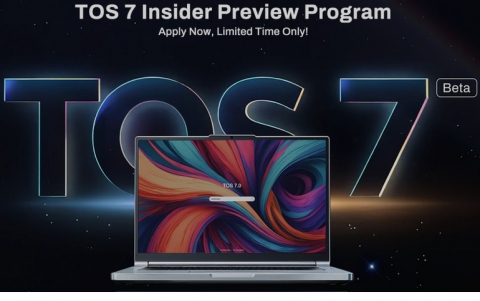
Report: CD sales further decline!
Compact disc music sales decreased 7 percent during the first half of the year, a further indication that online music sharing sites are hurting the recording industry, a trade group said Monday. The decline cost the industry $284 million in lost sales, according to the Recording Industry Association of America...
The decline, measured by PricewaterhouseCoopers, compares with a 5.3 percent drop in CD shipments in the first half of 2001. The RIAA said the industry uses just-in-time delivery, so CD shipments are reliably indicative of actual sales.
Also Monday, the RIAA released a separate survey of Internet users' music habits, which found that most consumers between the ages of 12 and 54 bought fewer CDs as they downloaded more tracks.
Previous studies independent of the music industry have suggested that access to free music on the Web actually encourages consumers to experiment with new acts and buy more CDs.
"We find a striking connection between people who say they are downloading more and buying less," said Geoff Garin, the pollster for Peter D. Hart Research Associates, who conducted the random telephone survey of 860 consumers for the RIAA in May. The survey has a margin of error of plus or minus 3.4 percentage points.
Of consumers polled whose downloading increased during the last six months, 41 percent reported buying less music, compared with 19 percent who said they were purchasing more, he said.
Among those polled who said they were downloading the same amount as six months earlier, 25 percent said they purchased less music, compared with 13 percent who bought more, Garin said.
The survey also reported that 35 percent said they go straight to an Internet file sharing site whenever they hear an unfamiliar artist they like. Only 10 percent reported that they immediately buy the artist's album.
The poll did not provide information about consumer attitudes on other factors widely considered to be affecting CD sales, including the quality of new releases and the lack of easy-to-use online services from the major recording labels.
"I very strongly conclude that the ability to get music for free is an important factor and has an adverse effect on music purchasing. I would not argue that it is the one and only factor," Garin said.
Also Monday, the RIAA released a separate survey of Internet users' music habits, which found that most consumers between the ages of 12 and 54 bought fewer CDs as they downloaded more tracks.
Previous studies independent of the music industry have suggested that access to free music on the Web actually encourages consumers to experiment with new acts and buy more CDs.
"We find a striking connection between people who say they are downloading more and buying less," said Geoff Garin, the pollster for Peter D. Hart Research Associates, who conducted the random telephone survey of 860 consumers for the RIAA in May. The survey has a margin of error of plus or minus 3.4 percentage points.
Of consumers polled whose downloading increased during the last six months, 41 percent reported buying less music, compared with 19 percent who said they were purchasing more, he said.
Among those polled who said they were downloading the same amount as six months earlier, 25 percent said they purchased less music, compared with 13 percent who bought more, Garin said.
The survey also reported that 35 percent said they go straight to an Internet file sharing site whenever they hear an unfamiliar artist they like. Only 10 percent reported that they immediately buy the artist's album.
The poll did not provide information about consumer attitudes on other factors widely considered to be affecting CD sales, including the quality of new releases and the lack of easy-to-use online services from the major recording labels.
"I very strongly conclude that the ability to get music for free is an important factor and has an adverse effect on music purchasing. I would not argue that it is the one and only factor," Garin said.





















